Podcast summaries
10. From Robert Fico to the impact of AI: analysing the Slovak elections with correspondent Martin Hílek
Amid what is happening in the Middle East, it is easy to forget that on September 30th, an election took place that could affect the EU's political and military direction in the coming years.
In this episode, researcher Margot Cassiers takes a deep dive into the Slovak election results with Martin Hílek, the Brussels correspondent of the Slovak public broadcaster RTVS. Martin explains the victory of Robert Fico and why the general attitude in Slovakia towards neighbouring country Ukraine seems to have shifted.
Martin also talks about how Slovakia became a test case for AI generated misinformation in election campaigns, why he didn’t actually want to become a Brussels correspondent and how more positive news coverage could benefit us all.
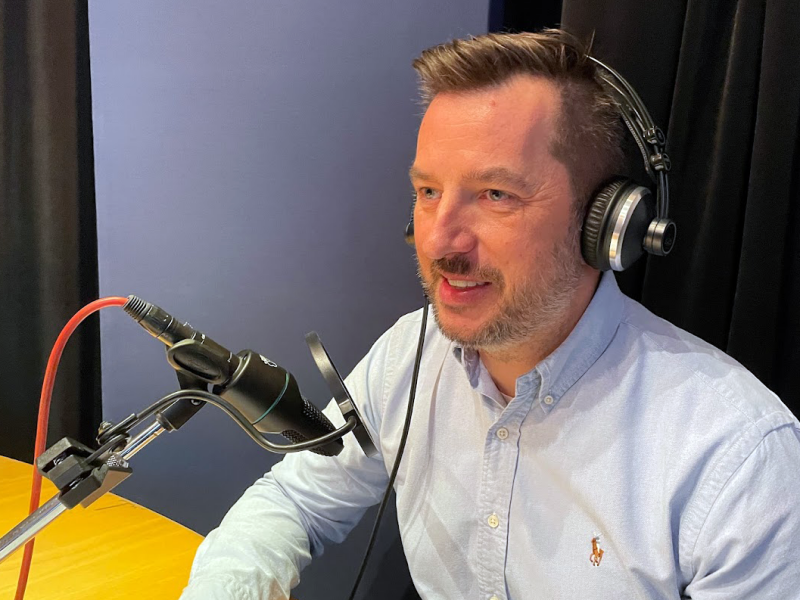
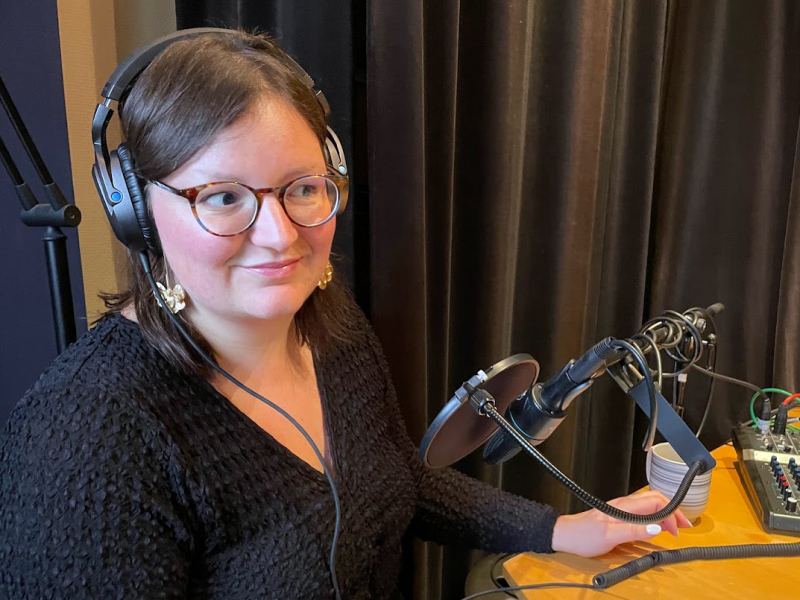
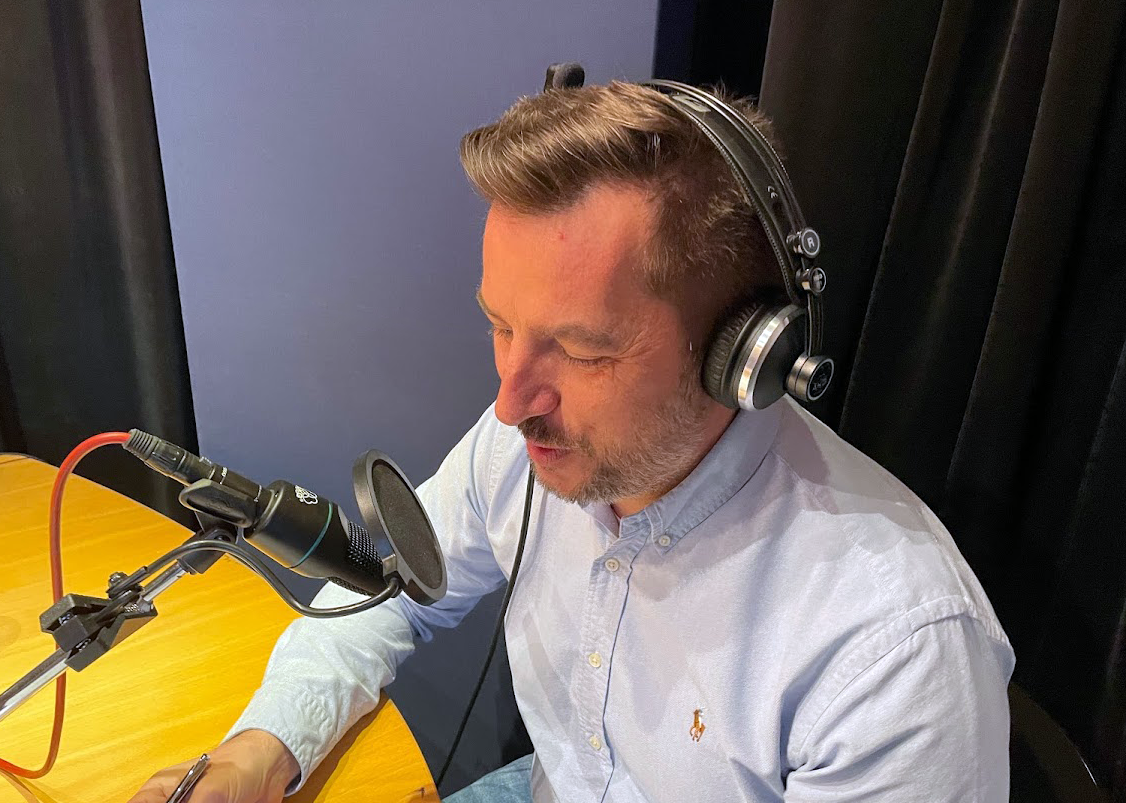
9. From NATO mania to Frozen palaces: stories from Swedish Europe correspondent David Boati
David Boati of the Swedish public broadcaster SVT came to our studio in his final week as Brussels correspondent.David and Margot talked about his three years in Brussels and how both Sweden and Europe have changed since he started.David discussed everything from starting out as an actor, to becoming a journalist and which stories have moved him the most.
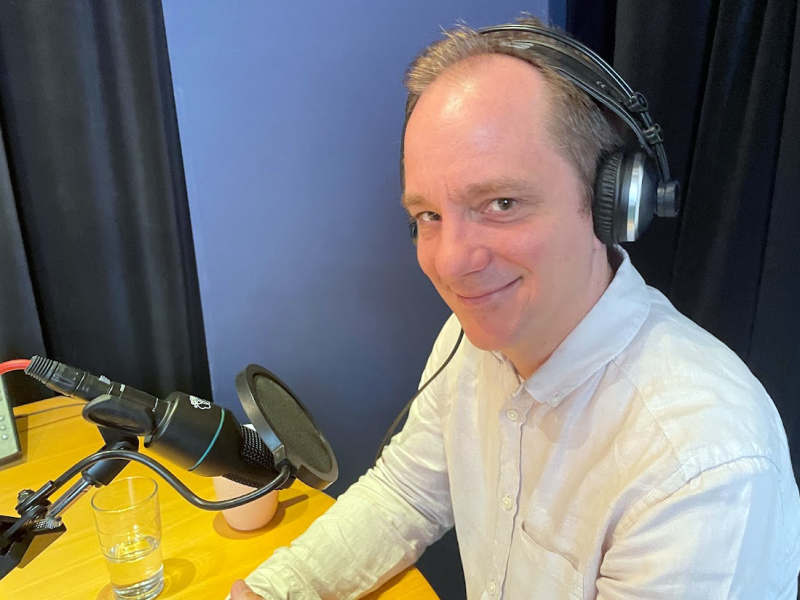
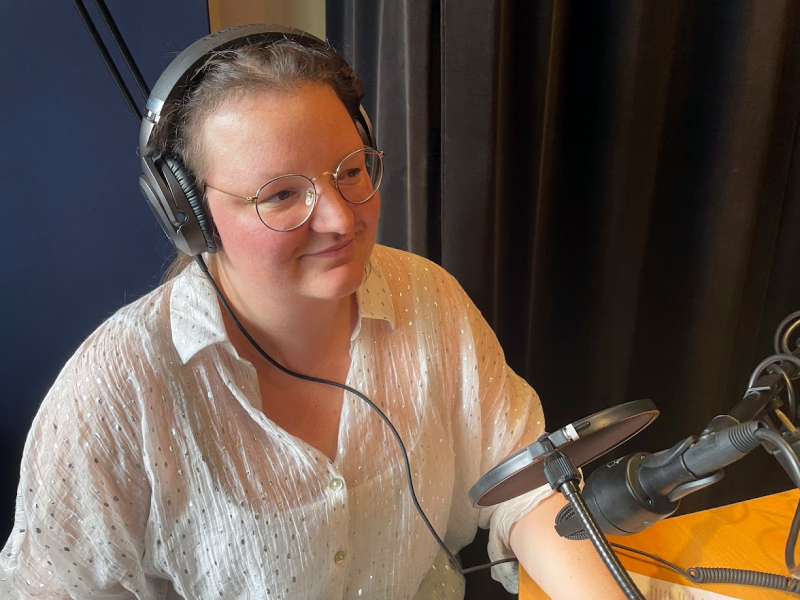
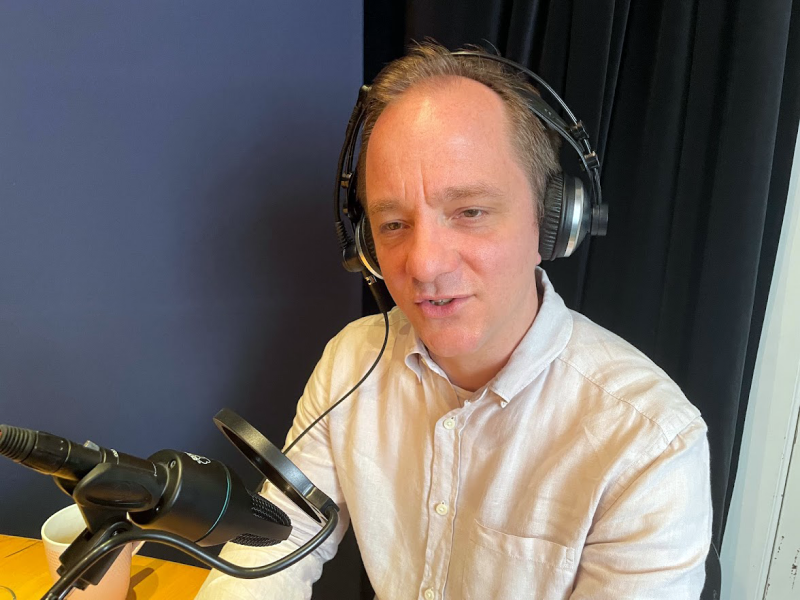
8. Headline Fact-Checks: Are the European elections democratic?
We are a little less than a year away from the European elections, which will take place from 6 to 9 June 2024.The European elections have a bit of bad reputation, with a recurring reproach being that they are untransparentor even undemocratic.Today's fact-check looks into that very question - are the European elections democratic? Headline’s Researchers Liesa Pauwels and Margot Cassiers will discuss what the European elections are actually about and how they work.
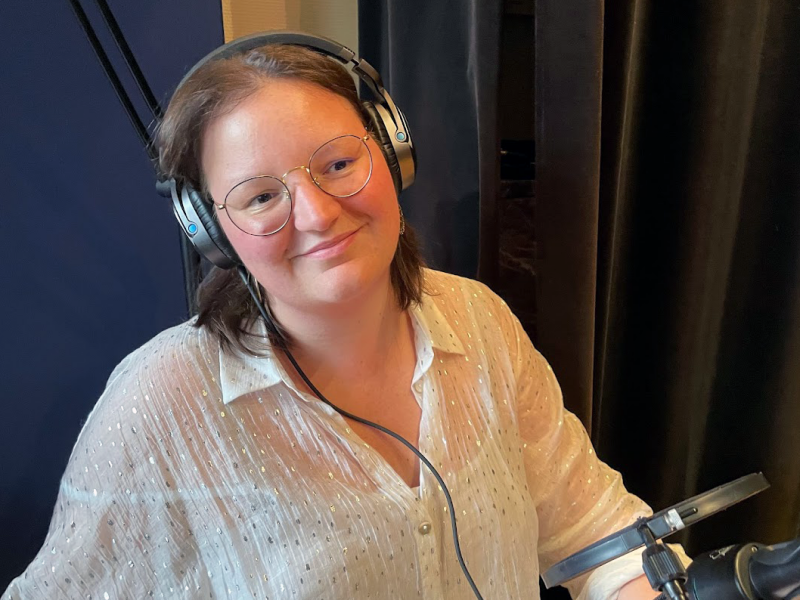
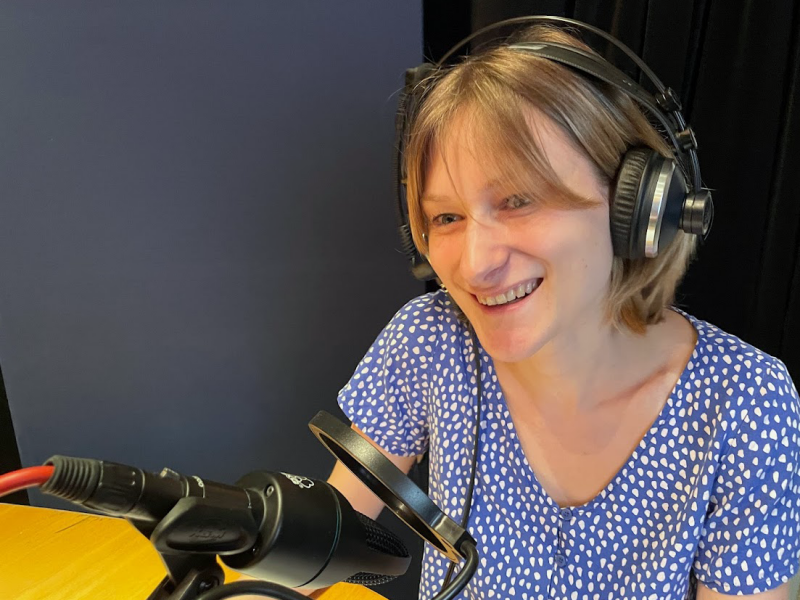
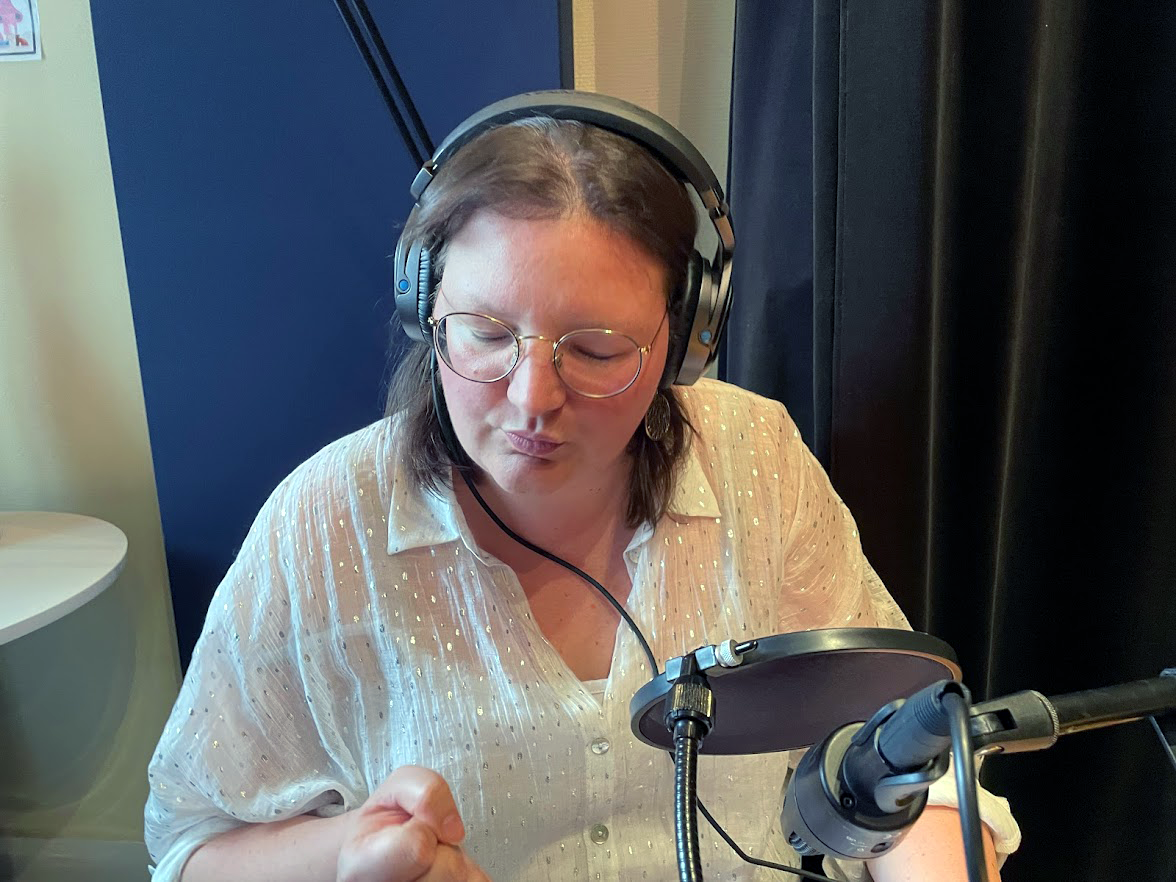
7. Headline fact-checks: Why is Hungary no longer participating in the Eurovision Song Contest?
It’s Eurovision week! Three nights of glitter, glamour and glorious absurdity are celebrated this week across Europe (though the term ‘Europe’ can be interpreted quite loosely).
Just as saxophones and folkloristic dance beats are an inevitable part of the annual song contest, so is the layer of politics to it all.
In this episode, Headline’s researchers Margot and Liesa dive into the question of why Hungary hasn’t participated in the Eurovision Song Contest since 2019.UK media claimed in 2019 that the Hungarian government under Viktor Orbán withdrew the country from the Eurovision Song Contest because it’s “too gay” (as quoted).
Hungarian media called those reports fake news, stating that no Hungarian government source ever said that and that it wasn’t the reason that the country was no longer participating in Eurovision.
What is behind it all? We checked the facts.
If you would like to learn more about Hungary’s relationship with the rest of Europe, you can check out the very first episode of Headline talks, in which Margot spoke to Sándor Zsíros, a Hungarian EU correspondent for Euronews.
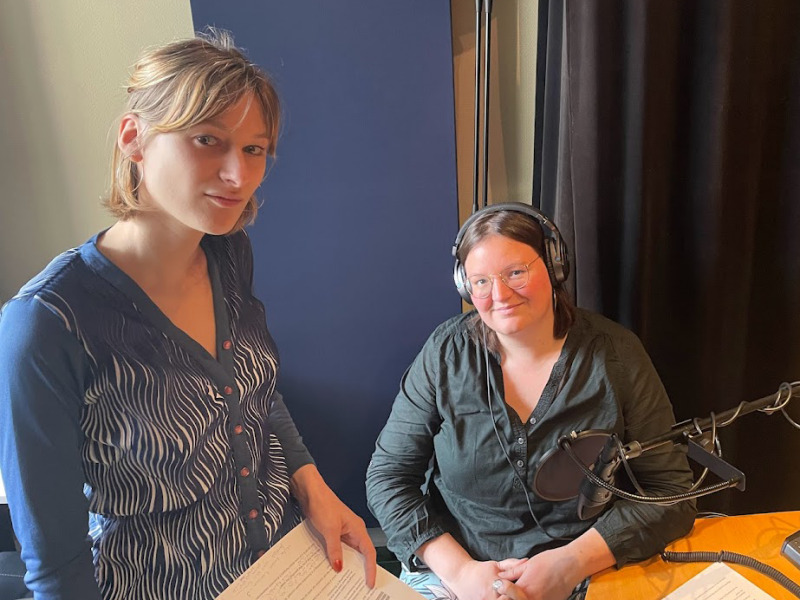
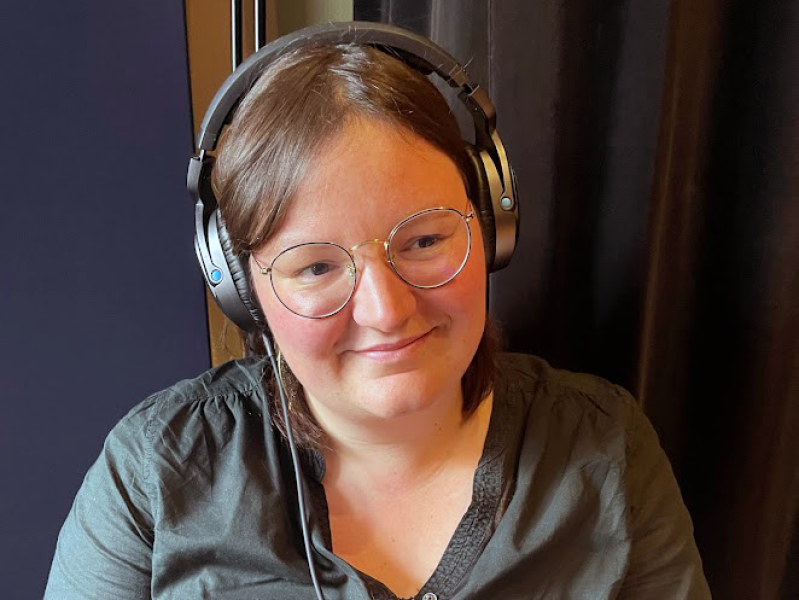
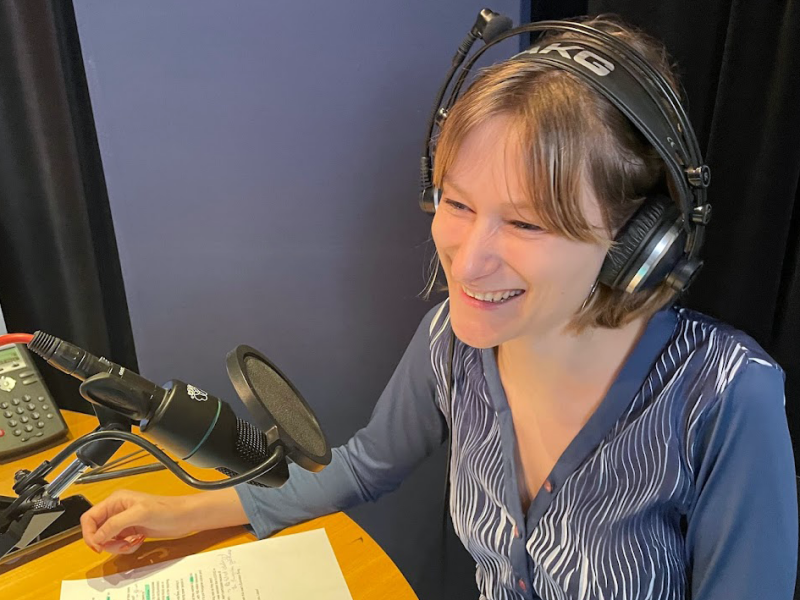
6. From the Troubles to Brexit: A deep dive into Northern Ireland with Tony Connelly
In April all eyes were on Northern Ireland for celebrations to mark the 25th anniversary of the Good Friday Agreement, a historic peace agreement that ended the 30-year period of the Troubles.
With the Stormont Assembly currently in a deadlock over Brexit issues and with local elections coming on the 18th of May, Northern Ireland once again seems at a crossroads.
To shed some light on all this, we met up with Tony Connelly, long-time Europe Editor for the Irish public broadcaster RTÉ in Brussels and the world’s biggest Brexit expert. Tony grew up in Derry under the Troubles and covered the Northern Ireland peace process as an RTE reporter.
Margot and Tony discussed all this, plus Derry Girls themed afternoon tea, a short-lived musical EU summit career and why Tony’s eldest son calls Brexit ‘Voldemort’.
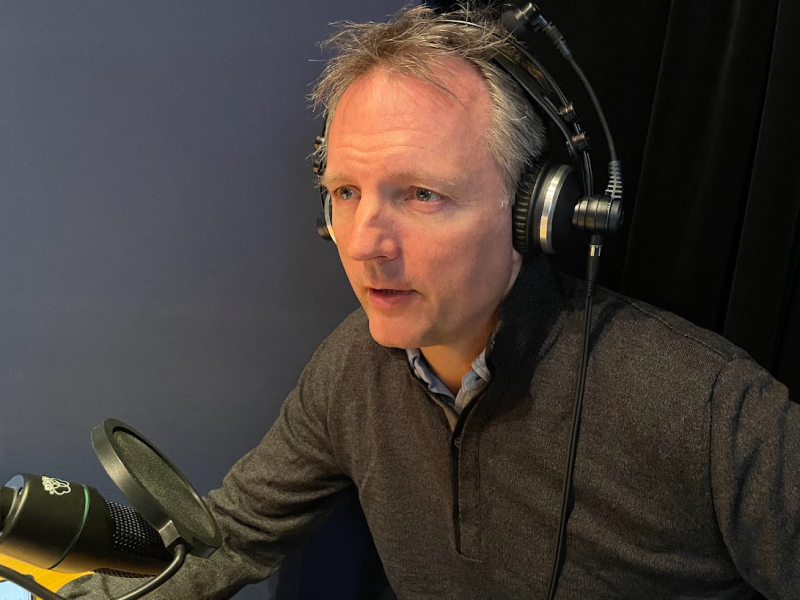
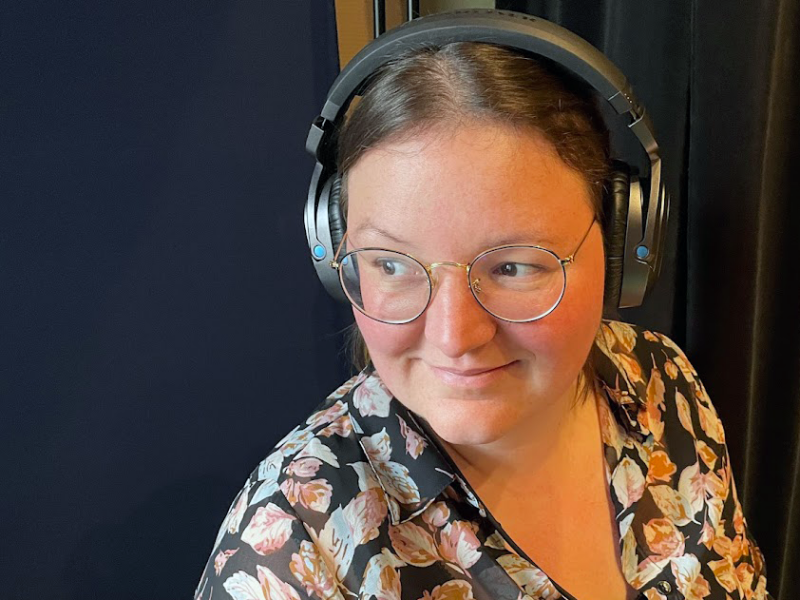
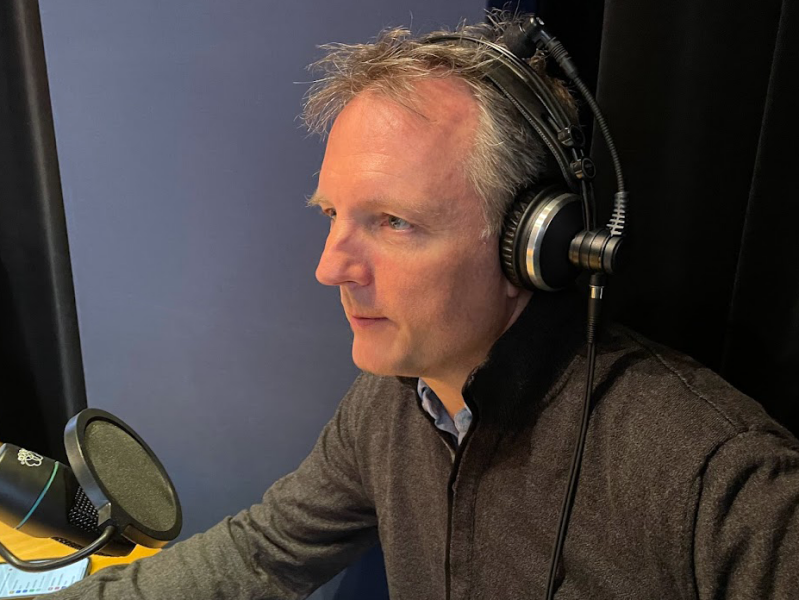
5. The Uncertain Future of the Balkans: Insights from Serbian Correspondent Dušan Gajić
Join Margot as she dives into the complex and ever-evolving world of the Balkans with her guest, Dušan Gajić. As the Europe Correspondent of RTS and Chief Editor of SEETV, Dušan brings unique insights into the region's relationship with the EU and Russia.He also shares his perspectives on recent tensions in the Western Balkans and the impact of the war in Ukraine. Tying all this together is Dušan’s recent documentary ‘The Graduates’, which follows the lives of people who graduated from high school in Belgrade in 1989, the year of the fall of the Berlin wall.At the time, their horizons seemed wide open towards Europe and the world, until the Yugoslav wars started.
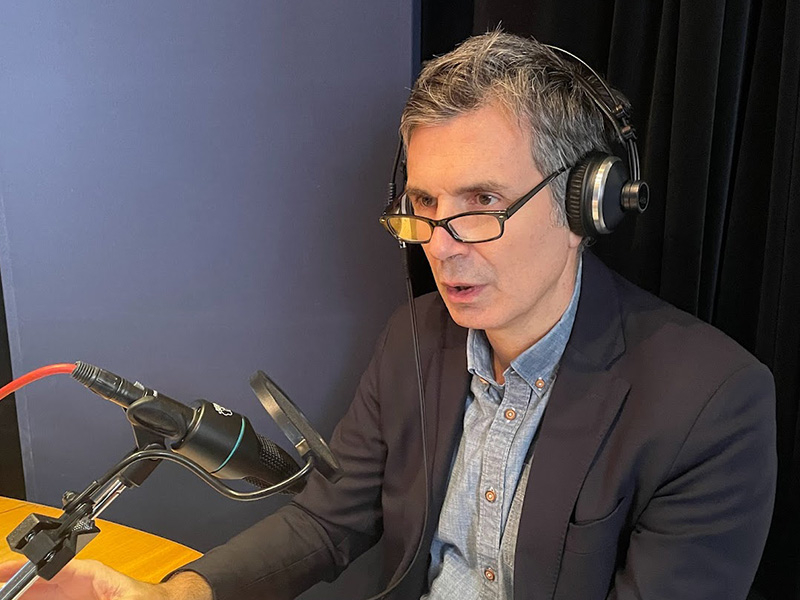
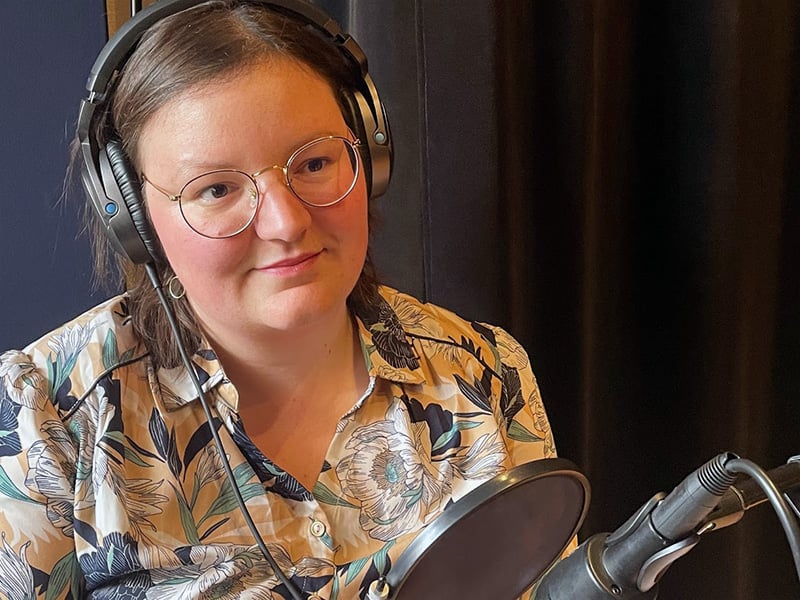
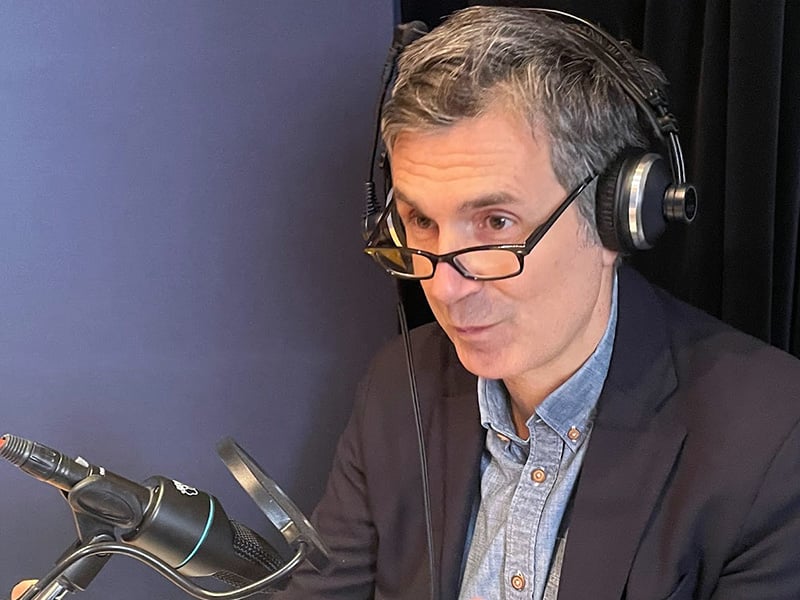
4. Iran Unveiled: A Conversation with Dr. Fariba Mavaddat
Widespread protests after the death of a young girl Mahsa Amini made for shock waves in Iran and the world alike.
Liesa and Fariba discussed current events in the country and how Iran’s vast and complex history plays into this. Fariba shared her insights about Iran’s hostage politics, EU-Iranian relationships and the country’s role in the war in Ukraine.How have Iranian relations with the EU changed and what impact do (new) sanctions really have on the country?
They also touched upon Fariba’s own experiences as an Iranian and female correspondent.
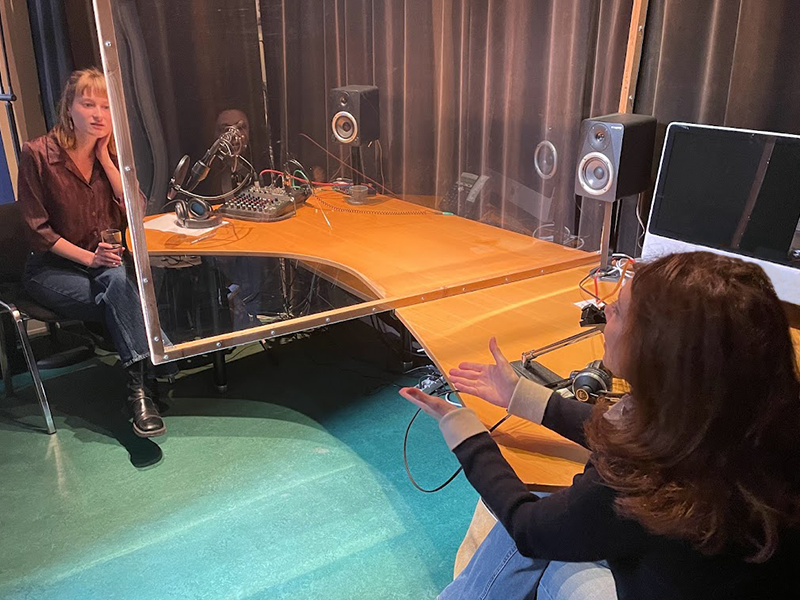
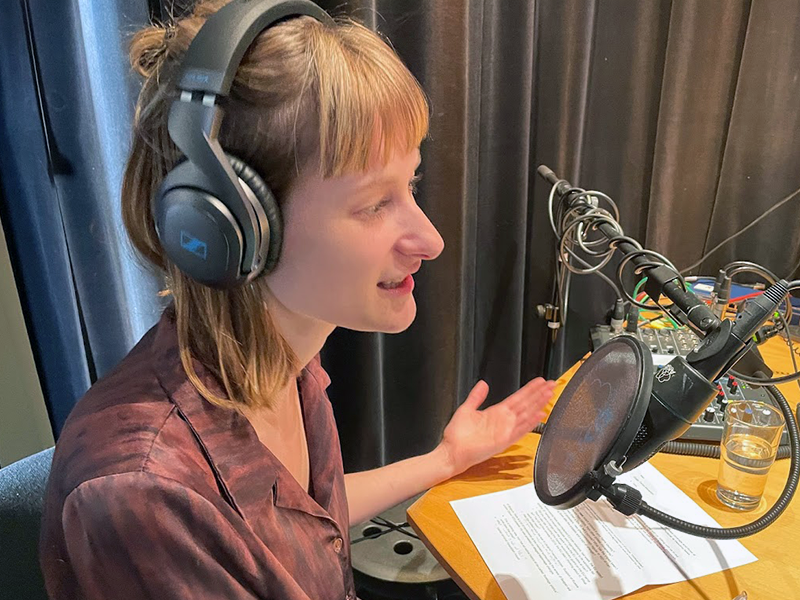
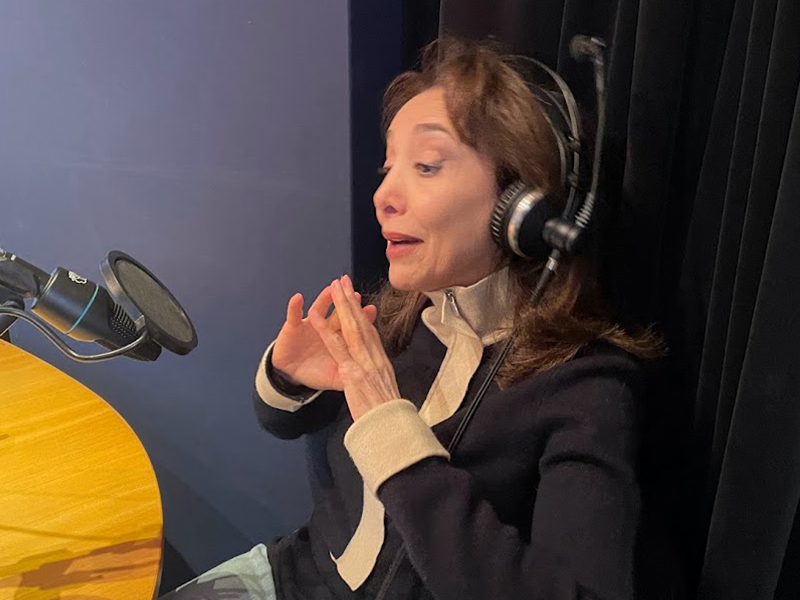
3. How did the overturning of Roe vs. Wade impact abortion in Europe?
Headline’s journalistic researchers Margot Cassiers and Liesa Pauwels talk about the state of abortion laws in the EU and how those are affected by recent political developments in Europe and the world.Three months ago, on the 24th of June 2022, the US Supreme Court overturned Roe vs. Wade and thereby ended the federal constitutional right to abortion in the US.
This caused shock waves in the EU, and soon after reports started emerging of American anti-abortion groups funding similar organisations in Europe to try to reverse abortion laws here. At the same time, discourses that promote conservative family values and question existing reproductive rights are becoming more prominent in the European political sphere.
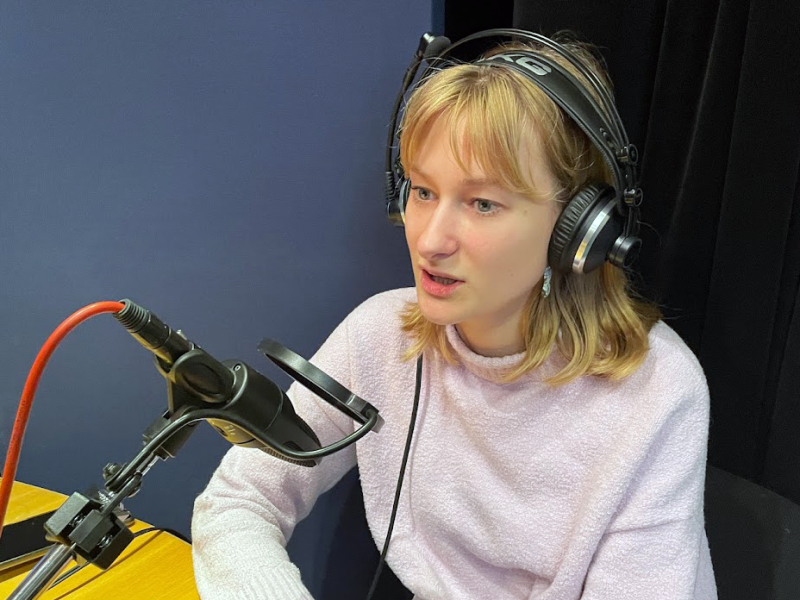
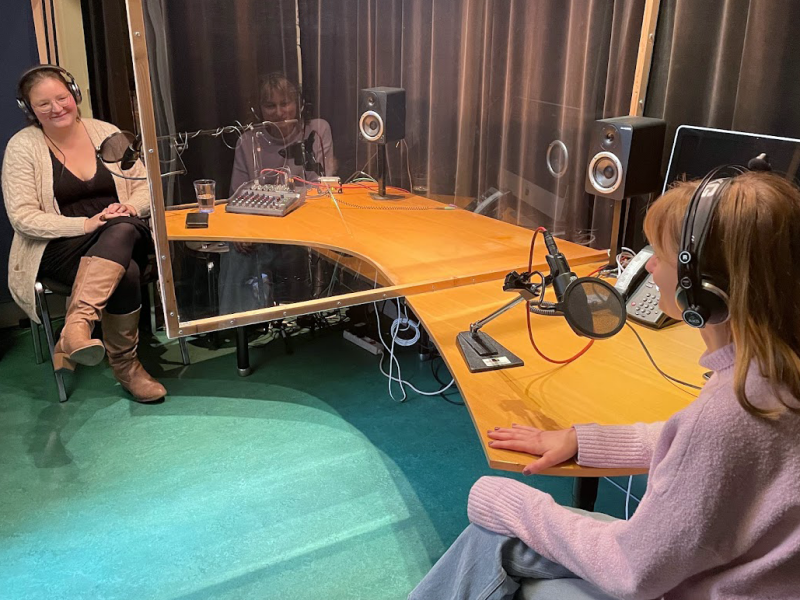
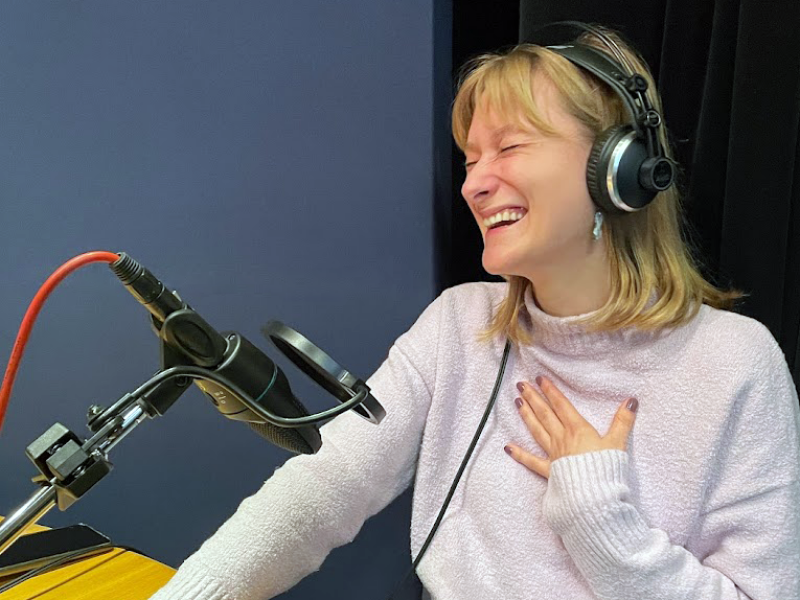
2. What’s new in the news? Rob Beynon, CEO of DMA Media Group, talks about launching news channels and reaching audiences in an ever-changing global context
On the second episode of Headline Talks, researcher Margot is joined by Rob Beynon, the CEO of DMA Media Group of which Headline is part.Rob has spent most of his career launching news channels in many different countries. He’s behind the start-up of more than twenty channels in the last thirty years.Rob talks about how news programs and their audiences have changed in that time, how to navigate political trends and the ultimate do’s and don’ts for starting a news channel.
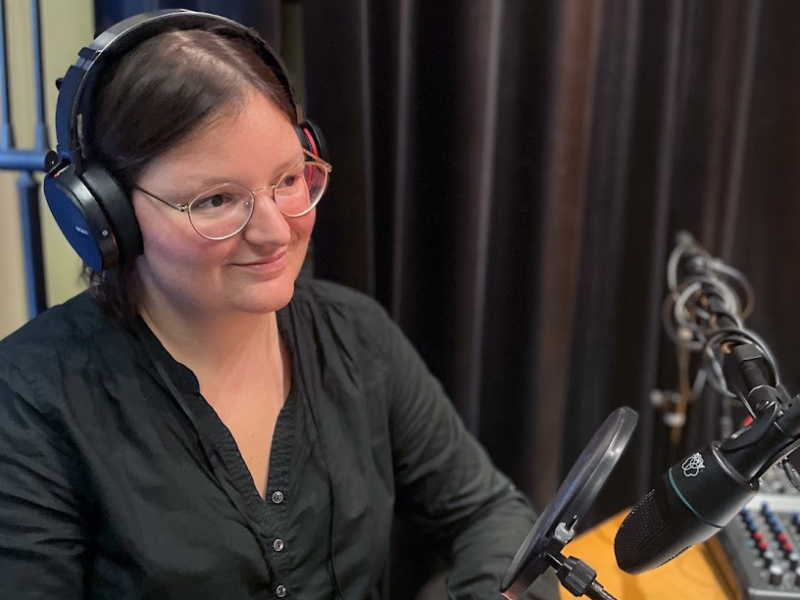
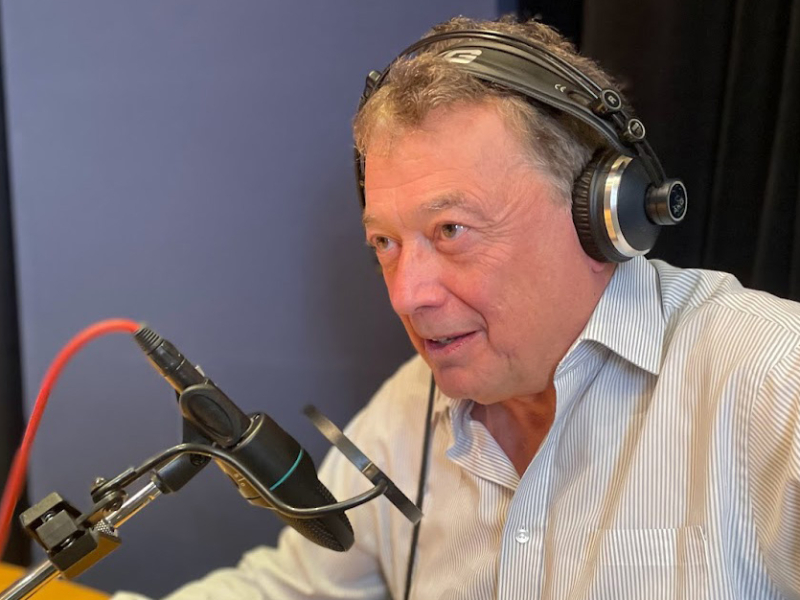
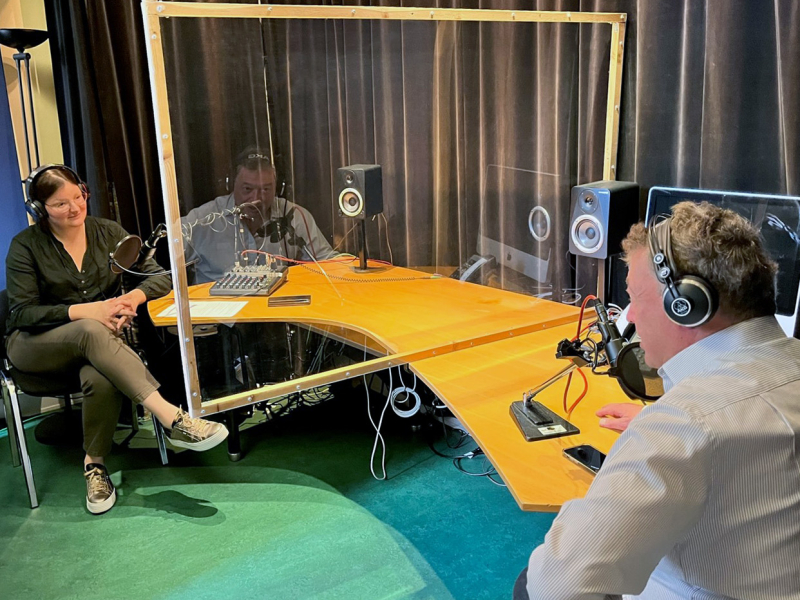
1. Hungary, Russia and the EU: an inside talk with Sándor Zsíros, a Hungarian EU correspondent for Euronews
We are delighted to present Headline Talks, our brand new podcast on European news coverage and those at the heart of itFor the first episode, our researcher Margot Cassiers spoke to Sándor Zsíros, a Hungarian EU correspondent for Euronews.
Hungary has played a surprisingly central role in EU sanctions and policies towards Russia since the start of the war in Ukraine.
Margot and Sándor talked on Wednesday 7 September, on a day that Hungarian leader Viktor Orbán was making headlines in Brussels for his threats to block the renewal of EU sanctions against three Russian businessmen, and as the Hungarian Justice Minister was arriving in Brussels to try to negotiate the release of EU funds to Hungary.
Sándor talked about Hungary’s relationship with Russia and the European Commission, and some of the more colourful events he has covered during his time in Brussels.






